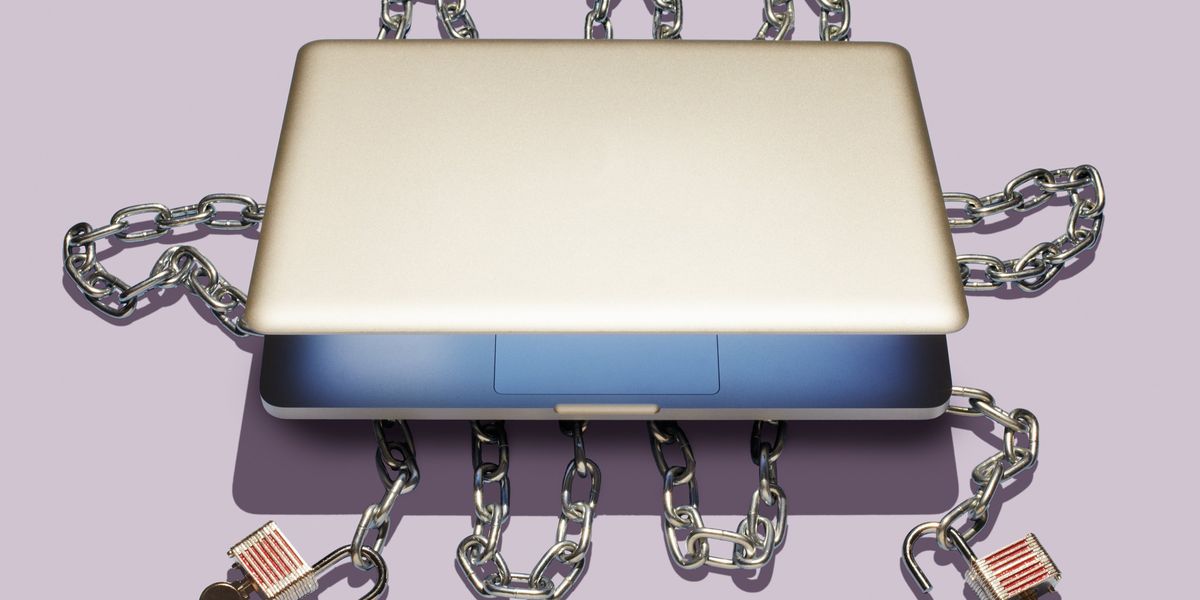How to free users from Big Tech’s walled gardens
The two benefits of competition are that it breaks the [megacorp] cash reserves that are used to enact public policy and it introduces the collective action problem that makes the remaining reserves harder to spend.
How does that virtuous cycle then extend from tech into other sectors?
Doctorow: Think about what happened with the breakup of Standard Oil in the first part of the 20th century. Standard Oil was not the only trust. There were trusts for everything: whiskey, railroads, iron, aluminum, cars. Standard Oil’s dominance made people so hopeless about whether or not they could have an accountable government that the toppling of Standard Oil opened up a floodgate of political will that saw all of those other trusts shattered.
I want to go after tech because it has this characteristic interoperability that makes it a soft target. We start with tech, and that gives us the momentum, the credibility, and the political will to go after everybody else.



Yeah, and I don’t buy the argument. It only works if the players haven’t figured out they have conmon goals and that they have to pool resources to achieve them. That’s not a hard thing to figure out. The tendency to cartelization demonstrates this. But cartelization only demonstrates that people can figure out they need to pool resources. They don’t need a cartel to pool money and funnel them into politicians pockets. All they need is industry lobbying associations and think tanks. Wouldn’t you know it, we have both and they’re working splendidly to further the regulatory interests of the corporations funding them. That competing parties won’t be able to do this seems like wishful thinking to me. That tech couldn’t do it during the Napster days I think is rather circumstantial and evidence for the people running those companies not having their shit together. Which makes sense given their age at the time.